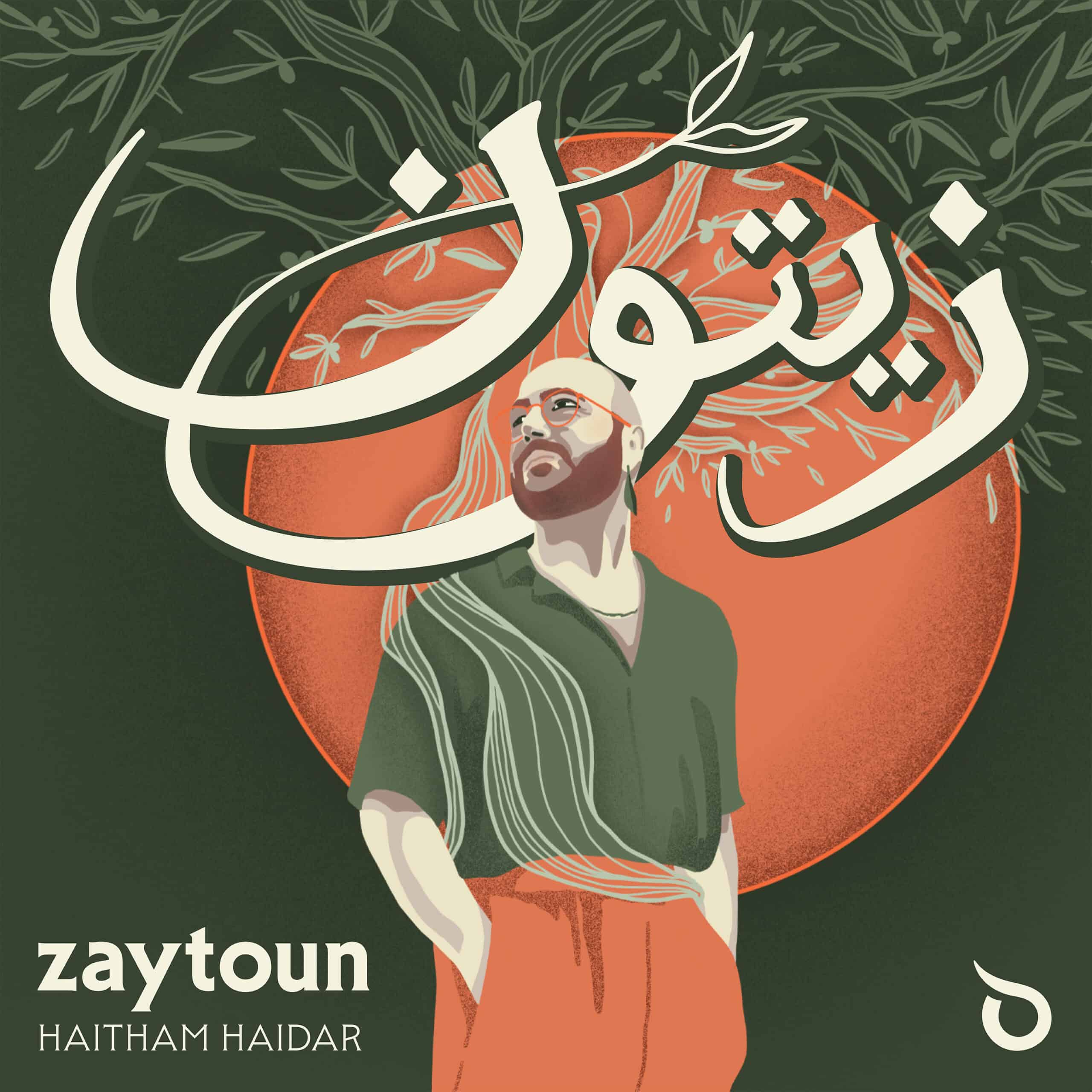AllMusic
The traditions of Western and Arabic music have profitably encountered each other at several points in history, and several performers (try the Egyptian soprano Fatma Said) have effectively incorporated traditional song into programs of Western vocal music. However, none has explored the mixture in as much depth as Haitham Haidar, a tenor of Lebanese origin who came to Canada to study early music performance. He became a citizen there, but felt a loss of his Lebanese identity, intensified by conflicts in the Middle East during which his grandfather’s house was destroyed by an Israeli bomb. The result was Zaytoun, a highly personal attempt to mix the elements of his musical background, with multiple layers that reveal themselves in turn upon close listening. Haidar contributes his own notes explaining his motivations and thoughts, and the physical album can be strongly recommended here. His methods of exploring meeting points are multifaceted and often original. Consider the reading of “Erbarme dich, mein Gott,” from the St. Matthew Passion, BWV 244, which takes on not only an Islamic text but Arabic instruments. There are traditional Arabic pieces and those from the Western tradition; in the several works by Monteverdi, one has the feeling of hearing a rediscovery of the improvisatory feel of his Seconda Pratica. Not only are Western works pushed in an Arabic direction, but the reverse is also true, in Haidar’s tenor voice and in instrumental aspects as well. Throughout, there is a strong feeling of using music as a way of dealing with deep questions of identity and spirituality. Listeners, of course, may differ in their reception of this album, but its ambition and passion are to be welcomed. It is an album unlike any other, and it may not receive the publicity it deserves from the small Athene label. Spread the word
@divineartrecordingsgroup
A First Inversion Company
Registered Office:
176-178 Pontefract Road, Cudworth, Barnsley S72 8BE
+44 1226 596703
Fort Worth, TX 76110
+1.682.233.4978












